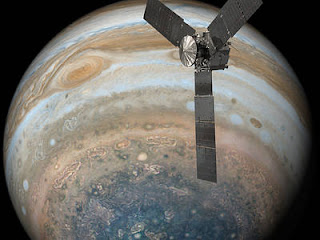Theory
Theory
In everyday use, the word "theory" often means an untested hunch, or a guess without supporting evidence.
But for scientists, a theory has nearly the opposite meaning. A theory is a well-substantiated explanation of an aspect of the natural world that can incorporate laws, hypotheses and facts.
A hypothesis proposes a tentative explanation or prediction. Their for hypothesis may be proven true or false by testing and experimentation.
A theory is a well-substantiated explanation of an aspect of the natural world that can incorporate laws, hypotheses and facts.
A scientific theory is a broad explanation that is widely accepted because it is supported by a great deal of evidence. Examples of theories in physical science include Dalton's atomic theory, Einstein's theory of gravity, and the kinetic theory of matter.
A theory doesn't prove that the “unified description” is true. But, because theory is a result of scientifically rigorous research, it is more likely that the theory is true (as compared to a single hypothesis).
Theories provide a framework for understanding human behavior, thought, and development. By having a broad base of understanding about the how's and why's of human behavior, we can better understand ourselves and others.
The Newtonian theory of gravity is based on an assumed force acting between all pairs of bodies—i.e., an action at a distance. When a mass moves, the force acting on other masses had been considered to adjust instantaneously to the new location of the displaced mass.
Notice how despite the widely known force of gravity... Gravity is neither a force nor proven. In fact in quantum machinics gravity doesnt exist at all.
For example if you asked.
What is gravity exactly?
Gravity is the force by which a planet or other body draws objects toward its center. The force of gravity keeps all of the planets in orbit around the sun.
Is the response you will get but gravity is not that and objects orbit the sun because of its rotation and radioactive particles moving through space which creates what should be known as solar "wind".
So when you say wind doesnt travel through space thats because your assuming wind is only made up of air molucules. Which does not blow around space like it does here on earth.
Long story short the sun and all objects have atmospheric pressure which causes two objects to push toward eachother when "wind" passes between them. This becomes exteremly obvious on a quantum scale and gravity no longer follows the rules of physics. Hence Gravity being a "Theory" not a "Fact".




Comments
Post a Comment